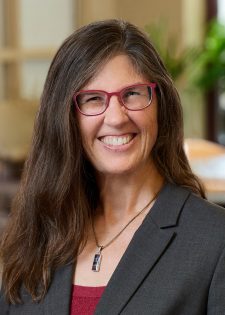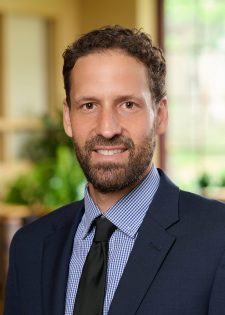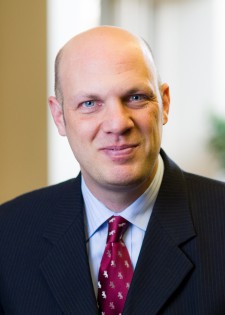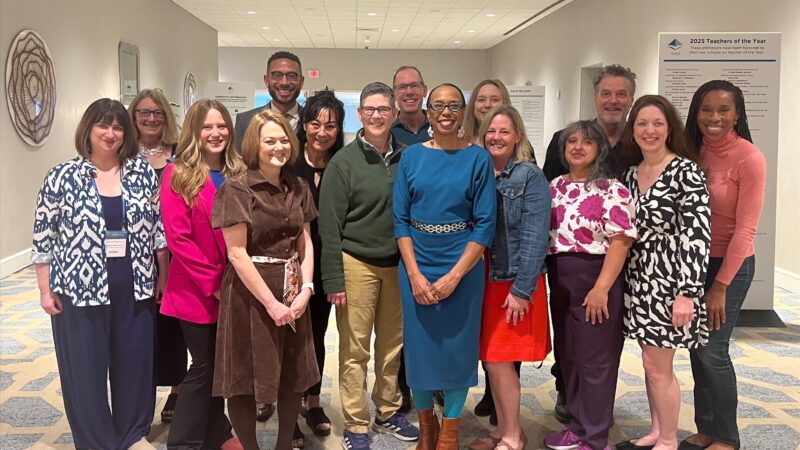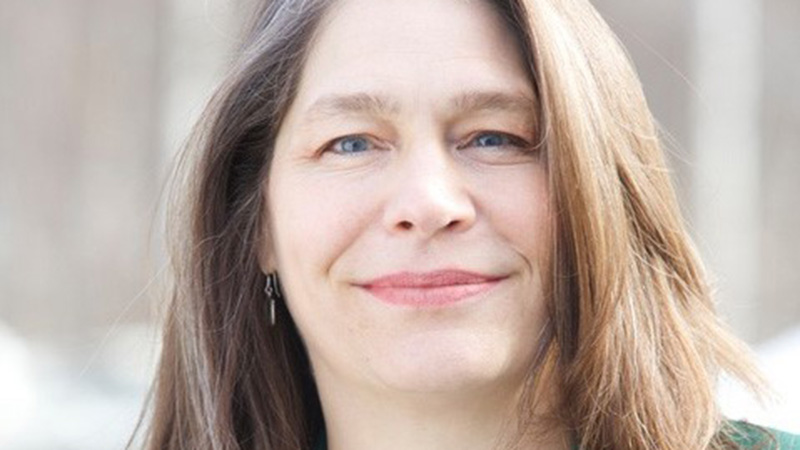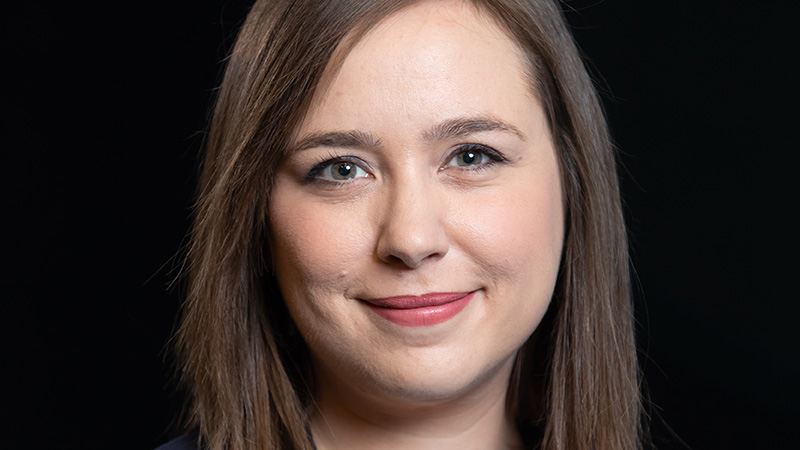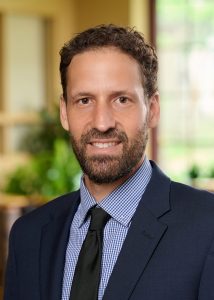
Associate Professor Jason Marisam
The authors of three briefs in an important election-related Supreme Court case have cited a forthcoming law review article by Mitchell Hamline Associate Professor Jason Marisam.
Oral arguments in the case, Moore v. Harper, will be heard this week, on December 7. Marisam’s forthcoming article focuses on the crux of the case – a theory called the independent state legislature theory. The case is over redistricting maps in North Carolina. Legal experts contend if the conservative-leaning Supreme Court backs the theory, it will have important ramifications on elections throughout the country. Marisam’s article, entitled “The Dangerous Independent State Legislature Theory,” explains and exposes its “flaws and dangers.” It will be published by the Michigan State Law Review.
Mariam’s piece is cited in three briefs filed in the case. One was filed by a bipartisan group of former public officials, former judges, and election experts from Pennsylvania; another was filed by the Lawyers’ Committee for Civil Rights under Law, along with fourteen additional organizations; and the third was filed by former Republican elected and executive branch officials. In all three cases, the briefs support the respondents, meaning they oppose the idea of the independent state legislature theory.
“I’m heartened these organizations have looked to this article for inspiration in their work on this case,” said Marisam. “This case is incredibly important to elections and voting, and I hope the justices take the time to fully understand the implications of the independent state legislature theory.”
In short, the independent state legislature theory contends that the U.S. Constitution delegates authority to regulate federal elections in a state to only the state’s elected lawmakers in the legislative branch, and that no checks and balances exist from state judges. The ramifications are far-reaching beyond federal elections, as states usually regulate elections at all levels of government in the same or similar ways.
If a legislature were to change a law over how to regulate elections, the theory implies that a judge could not strike it down for violating the state constitution – as can currently happen. For example, if the Supreme Court were to adopt the strongest version of the theory, judges could not strike down gerrymandered congressional districts drawn by state legislatures.
“The independent state legislature theory would effectively eliminate state-level constitutional protections for voting rights,” Marisam writes, in the article. “However, the justifications for the theory are undertheorized, flawed, and unsupported.
“The theory cannot do the work that should be required before gutting a civil right as important and fundamental as voting.”
Marisam joined the Mitchell Hamline faculty earlier this year from the Minnesota Attorney General’s office, where he was an assistant attorney general in the solicitor general’s division. In 2020, he represented Minnesota’s secretary of state in several court cases over how the election was administered during the pandemic.
“Professor Marisam is doing important work in the area of election law and scholarship around elections,” said Mitchell Hamline President and Dean Anthony Niedwiecki. “Our students are already benefiting from his expertise.”
While the Supreme Court justices will hear the case on December 7, they have until the end of their term next summer to issue their final opinion.
Mitchell Hamline faculty
The latest from Faculty in the News
Nonprofit Quarterly February 11, 2026
KAXE February 11, 2026
Star Tribune February 12, 2026
The latest faculty publications
Psychological Medicine. 2026;56:e16 January 14, 2026
The American Journal of Bioethics, 26(1), 41–43 January 14, 2026
Book February 1, 2026
The latest faculty headlines
Mitchell Hamline faculty showcase expertise at 2026 AALS Annual Meeting
From left: Miriam Itzkowitz, Laura Reilly ’94, Natalie Netzel ’15, Tressa Ries, Jared Mollenkof, Kaori Kenmotsu ’22, Carolyn Grose, Anthony Niedwiecki, Camille Davidson, Eleanor Frisch, Lynn LeMoine ’11, Hetal Dalal, Brad Colbert ’85, Leanne Fuith ’10, …
Mitchell Hamline welcomes Jessica West to faculty
Assistant Professor of Law Jessica West Joining the Mitchell Hamline faculty as an assistant professor of law, Jessica West combines a passion for student success with her experience as a practitioner to help law students build the skills they need for …
Eleanor Frisch joins legal writing faculty
Assistant Professor of Law Eleanor Frisch Having a strong sense of justice and being skilled at argumentation are what first led Eleanor Frisch (they/she) to a career in law, but it is a much deeper passion that has turned her now to teaching—a love fo …

